Decluttering and donating can be generous, but not every item is safe, practical, or useful for charities. Donation centers follow strict guidelines on hygiene, safety, and usability, and some items create extra work, disposal costs, or health risks. Before giving something away, consider whether it can truly benefit someone else. Thoughtful donations support charities, protect the environment, and help people who need them most. With that in mind, here are seven household goods that experts advise you should never place in donation bins, along with better alternatives for handling them.
1. Open Toiletries and Used Beauty Products
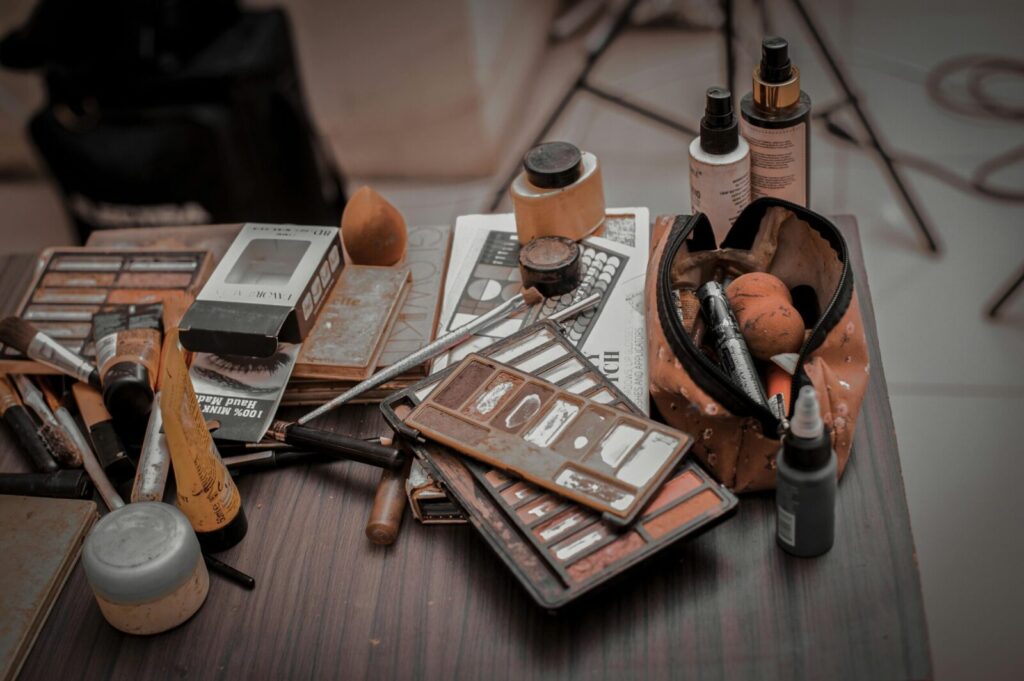
Donation centers do not accept half-used bottles of shampoo, lotion, makeup, or other beauty products. Hygiene laws are strict for good reason, since contamination, bacteria, or spoilage can put recipients at risk. Even if the product looks fine, once it has been opened, it is considered unsafe to pass along.Instead of tossing them in a donation bin, try finishing them up yourself or offering them to close friends or family if still usable. Local shelters or community groups sometimes accept unopened products. Expired items should be disposed of responsibly, following recycling or hazardous waste guidelines.
2. Worn Out Linen

Old sheets, towels, and blankets that are stained or threadbare are often rejected by donation centers. They are expected to provide recipients with clean, presentable items ready for immediate use. That said, these items do not have to go to waste. Many animal shelters gladly take worn linens because they can be used for bedding, cage liners, or general cleaning. Around the home, old linens can also be repurposed into cleaning rags, drop cloths for painting, or even car trunk liners. Only linens that are still in good, clean condition should be considered for donation.
3. Cords and Electronics
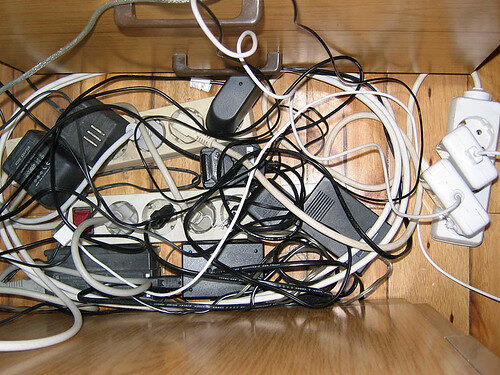
Outdated electronics, tangled cords, or broken devices are not suitable for donation. Many centers lack the ability to test or repair these items, and they can end up as e-waste or even pose fire hazards if damaged. Rather than placing them in a bin, check if schools, hobby groups, or community organizations can use working devices. For items that no longer function, look for electronic recycling drop-off programs, which are often run by local governments or electronics stores. Proper disposal ensures valuable parts are recycled and harmful materials do not end up in landfills.
4. Old Paint and Hazardous Materials
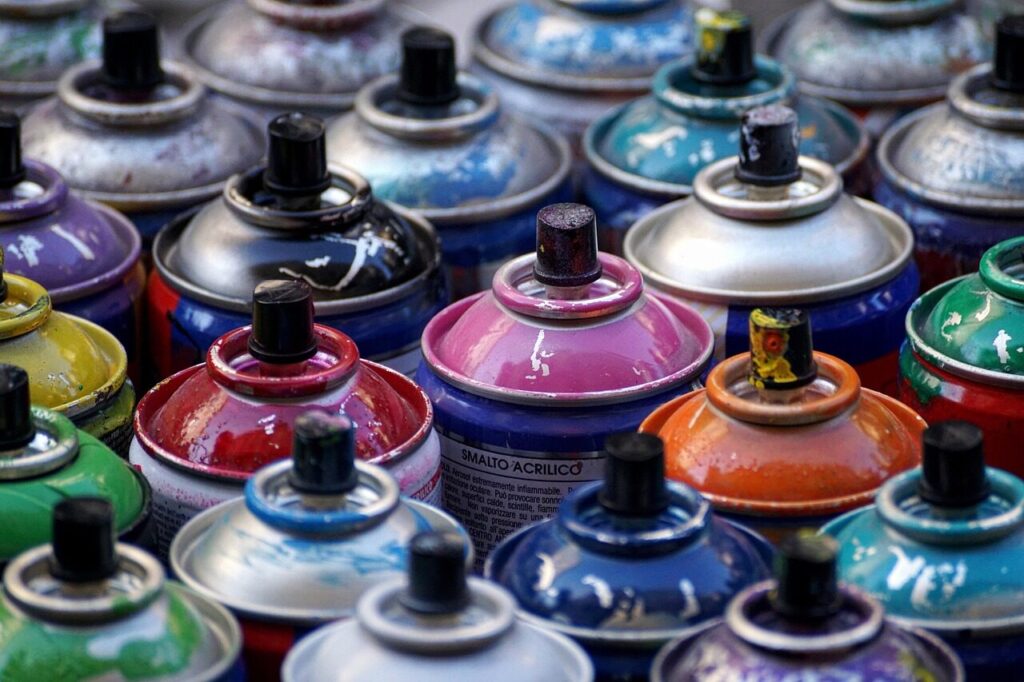
Donation centers cannot accept leftover paint, chemicals, cleaning agents, or other hazardous substances. These are not only unsafe to store and transport, but they also pose environmental and legal risks. Even if the container is only partly full, it is not suitable for donation. Instead, check if your community has designated hazardous waste collection days or permanent drop-off facilities. In some areas, unopened cans of paint can be given away through neighborhood exchange groups. Always follow local rules for disposal to ensure these substances do not cause harm to people or the environment.
5. Mattresses
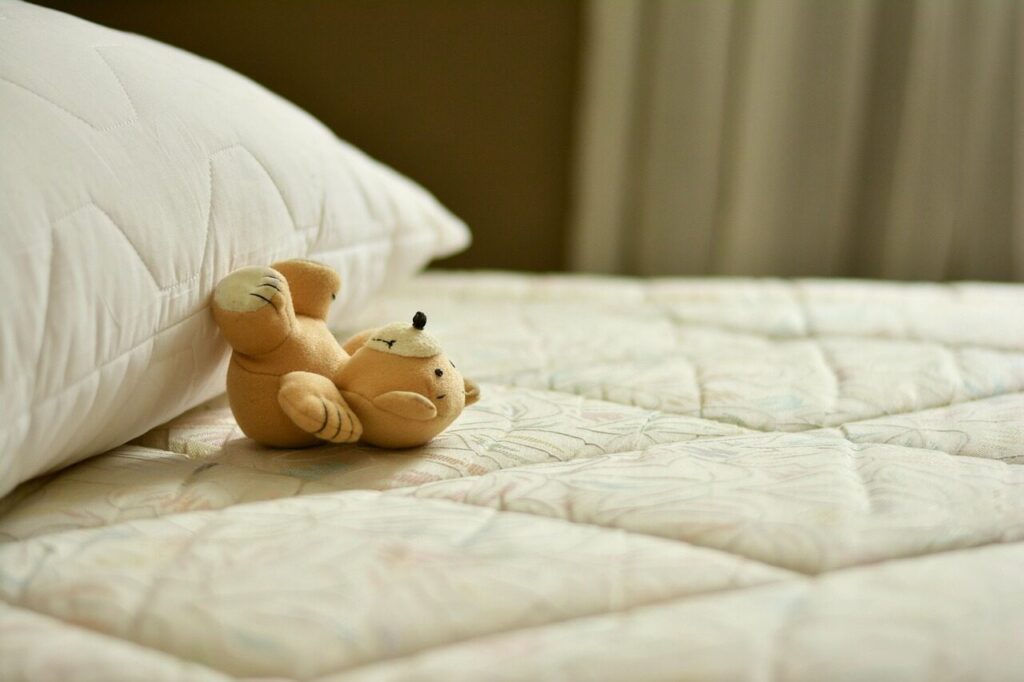
Used mattresses are one of the most commonly rejected donation items. The reasons are clear: hygiene concerns, pest risks such as bed bugs, legal restrictions, and the difficulty of transporting them. Even when a mattress looks clean, it may still harbor allergens, dust mites, or hidden wear. If your mattress is still in excellent condition, you may be able to sell it locally or pass it directly to someone you know who needs it. Another option is mattress recycling programs, where materials such as metal springs, foam, and wood can be reused rather than discarded.
6. Personalized Items
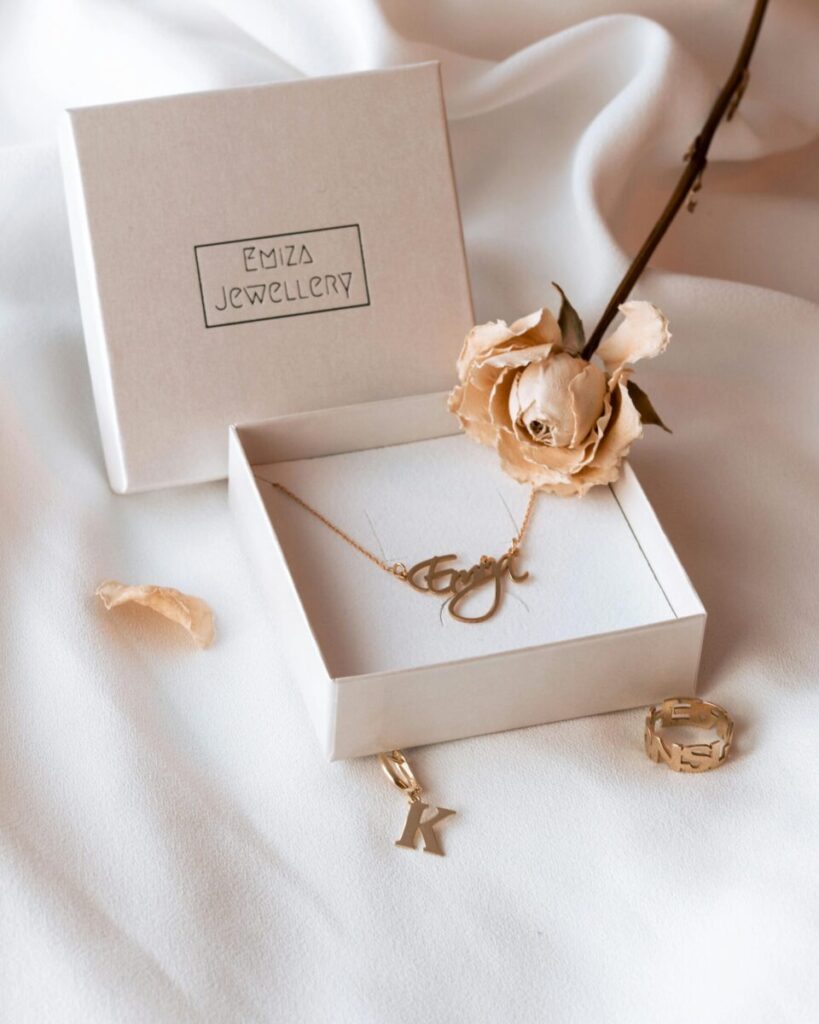
Anything with initials, names, or custom designs is rarely useful for donation centers. Personalized items, such as monogrammed towels or engraved goods, often go unclaimed because they feel too specific to the original owner. Instead of donating them, consider creative ways to repurpose. For example, personalized fabrics can become cleaning cloths or sewing projects. Items with sentimental value could be saved in a memory box rather than given away. If they are high quality, selling them may also be an option, as some buyers appreciate unique or custom pieces.
7. Incomplete Sets
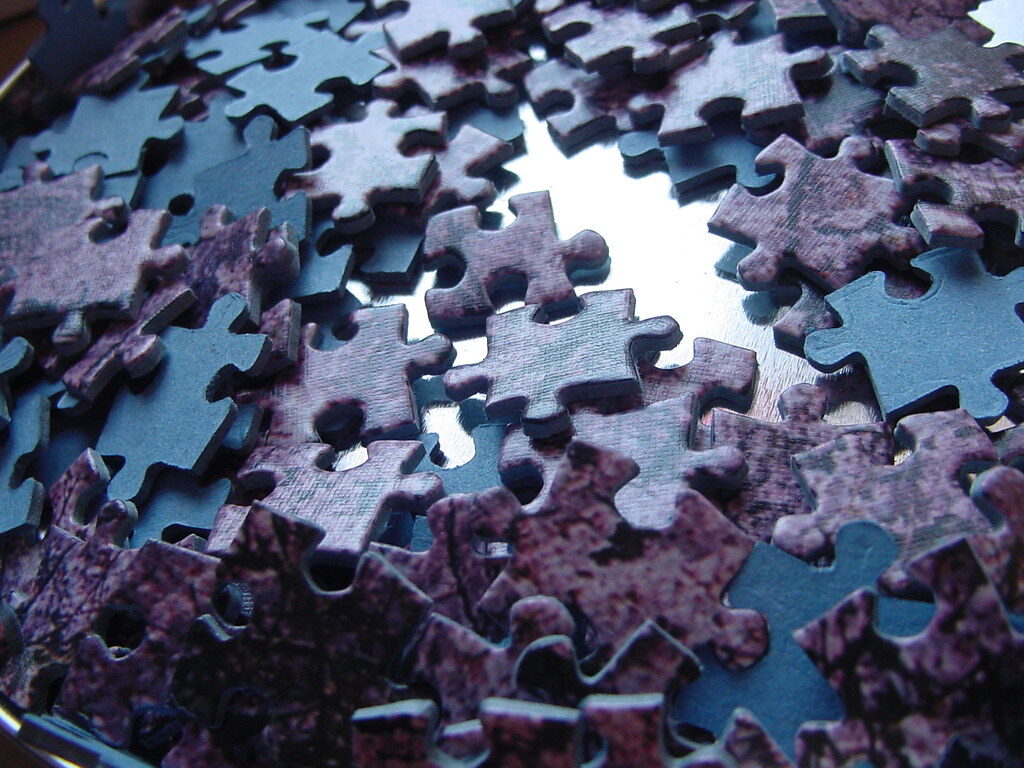
Board games without all their pieces, puzzles missing parts, and partial dish sets often create frustration rather than enjoyment for recipients. Donation centers cannot replace missing items, and families expecting complete sets may feel disappointed. Before donating, always check that everything is intact and functional. If something is incomplete, consider recycling the usable materials or offering it online with a clear note about what is missing. Many people like using incomplete sets for crafts, repairs, or DIY projects. This way, your item still finds a second life without placing an extra burden on donation centers.
Comments